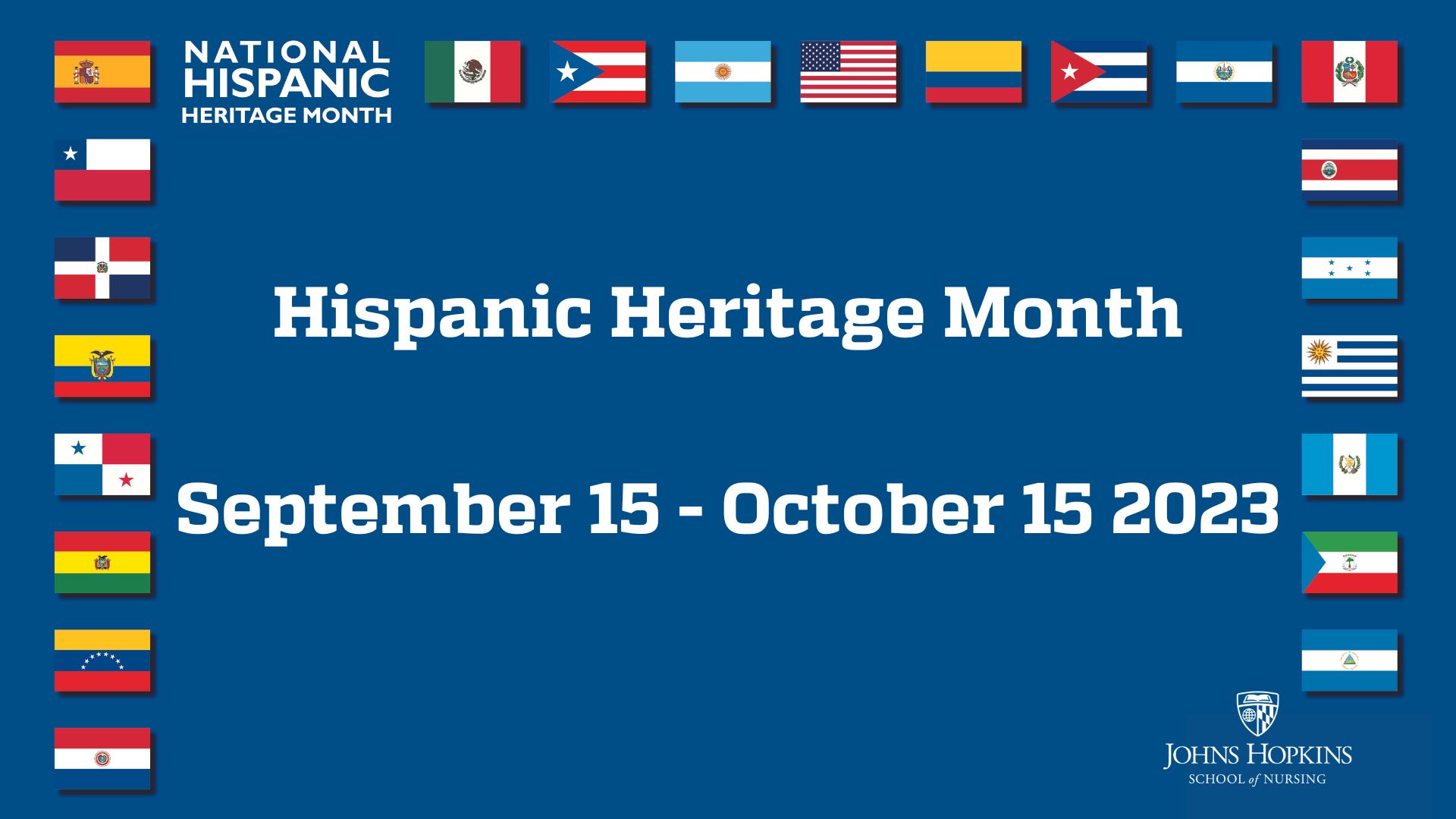By Sarah Achenbach
Lynn Billing, BSN, CHPN, knows that that every case in the Sidney Kimmel Cancer Center at Johns Hopkins is unique. But there is one essential commonality among all her patients, male and female, young and old, that drives her work as the Nurse Coordinator for the Center’s Harry J. Duffey Family Pain and Palliative Care Program. “Every cancer patient needs to tell their story,” says Billing, a former home hospice nurse who has worked in the Hopkins Oncology Department for ten years. “Our patients are scared, and when they tell their story, we can assess what their goals are.” Typically, Billing says, these conversations often move from pain to other concerns, such as anxiety, depression, fear, and other issues facing a cancer patient.

Each week, the Duffey Program’s multidisciplinary team consults with about 25 cancer patients and their families on all aspects of pain management and palliative care. Led by physician Sidney Dy, MD, MSc, the team includes a pharmacist, social worker, and chaplain, in addition to nurses Billing, Colleen Apostol, RN, OCN, CHPN, and Andrea Cox, BSN, CHPN. “We aren’t a replacement for the oncology team, but another layer of care,” Billing notes. “The patient’s oncologists are focused on the disease and treatment. The nurses look at the whole person and listen for undertones of issues, such as spirituality. We support the family and educate, sometimes needing to translate medical-ese.”
In spring 2007, the Kimmel Center expanded 20 years of offering palliative care to create the Duffey Program, which is the first formal consultation service for palliative care and pain management at Johns Hopkins. Named in memory of Harry J. Duffey by his wife, Lois Duffey, the Program serves as a clearinghouse for both terminal and non-terminal patients in the Kimmel Center. “You have to develop a trust with a patient,” Apostol adds, of the referrals the program receives from the Kimmel Center’s nurses and oncologists. “The nurses in the Kimmel outpatient clinic have great relationships with their patients, and it’s a privilege to be invited to be part of that relationship.”
Palliative care conversations and services encompass every area of a patient’s spiritual, physical, emotional, psychological, and social care. How does a mother tell her children about her breast cancer? How can the nausea from chemotherapy be managed? What are the issues facing the family? Even finances play a role in the team’s conversations. “I was a bedside nurse for many years, and we rarely talked about finances with a patient,” Apostol recalls. “Now we ask if patients can afford a medication, such as OxyContin, which is very expensive. If the patient can’t, it doesn’t make sense to order that particular narcotic.”

She and Billing are quick to point out that palliative care does not equal hospice care, a common misconception among patients and clinicians alike. “Palliative care is about empowering patients and their families with knowledge, so they are informed and able to determine their goals of care,” she explains, recalling a case where both the palliative care team and the patient’s doctors recommended hospice as the best choice. The patient, however, wished to continue chemotherapy. Respecting and supporting that decision and managing the physical symptoms or side effects of chemotherapy became the team’s goal. “It is not only about end-of-life issues, it is about quality of life and how to live better with cancer,” says Billing.
Of course, end-of-life concerns are often part of the conversation. The Duffey Program strives to educate clinicians about the importance of palliative care conversations early in treatment, so that the nurses may educate the patient about how the Duffey Program can partner with them throughout their journey with cancer. “It’s sad to hear a patient say, ‘There is nothing left to do,'” says Duffey nurse Andrea Cox. “Of course, they are referring to treating the cancer. We explain that even if there is no cancer treatment, there will always be something that can be done to improve their quality of life.”
Hospital-based palliative care programs in the United States began in the late 1980s, and today the number of U.S. hospitals with programs top 1,200. Like the Kimmel Center, other Hopkins departments have embraced the discipline for several years. In 2000, the Department of Medicine (DOM) launched its Palliative Care Consult Service through which Rita Moldovan, APRN, BC-PCM, receives palliative care referrals from DOM physicians. Clinicians in the Hospital’s neuroscience, surgery, psychiatry, and the critical care units also refer patients to Moldovan, who works with the patient, family, and the medical team on the plan of care, symptom management, and family education and support. For the past six years, she coordinated a one-day, annual course on palliative care for all Hopkins nurses. The popular course has recently expanded to two days and will be offered twice a year.
Also in 2000, the Johns Hopkins Department of Pediatrics launched Harriet Lane Compassionate Care (HLCC), the pediatric palliative care program of the Johns Hopkins Children’s Center. HLCC Director and School of Nursing faculty member Cynda Rushton, PhD, RN, FAAN, oversees a interdisciplinary team which provides palliative care for children with life-limiting conditions and their families.

The HLCC does not do formal clinical consultations, but supports clinicians and patients through rounds, sponsoring a Hopkins-wide leadership committee that meets monthly to strategize on improving palliative and end-of-life care in pediatrics, and supporting staff caregivers through a bereavement program. “Our bereavement program began in response to our caregivers’ needs for support,” explains Rushton. “You can’t care compassionately if you can’t care for yourself first.”
The HLCC program has had national and statewide impact. Selected as one of seven national programs to participate in a quality improvement and education project sponsored by Boston’s Education Development Center, the HLCC also launched a 90-member, multidisciplinary Pediatric Palliative Care Coalition within and beyond Johns Hopkins. Plans are underway to create a consultation service and develop a statewide pediatric palliative care network.
Though not formally integrated, the Hospital’s three distinct palliative care programs collaborate with each other, with each program’s experiences and successes serving to inform the other. For example, Moldovan and the Duffey Program coordinate services between oncology and other areas, and the HLLC team’s model for staff bereavement is being adapted for the Kimmel Center. And Lynn Billing with the Duffey Program has assumed coordination of the palliative care nursing course implemented by Moldovan.
To further connect palliative care services at Johns Hopkins and to begin to envision what an institution-wide program might be, the Hospital held a planning retreat in November 2008. Specifics on the shape and staffing of such a program are in discussion, but the overarching goal of any future initiatives will embody the care and compassion offered by the current Hopkins palliative care nurses. “This is the essence of nursing, of truly caring for another person,” Rushton reflects. “It’s not about fixing or curing. It’s about being present and trying to make every day a good day for a patient.”
 No. 1 Rankings for the School of Nursing and a Pipeline to the “Best Jobs”
No. 1 Rankings for the School of Nursing and a Pipeline to the “Best Jobs” Best of On The Pulse 2023
Best of On The Pulse 2023 Dr. Bonnielin Swenor, Inaugural Endowed Professor of Disability Health and Justice
Dr. Bonnielin Swenor, Inaugural Endowed Professor of Disability Health and Justice Celebrate National Hispanic Heritage Month
Celebrate National Hispanic Heritage Month Nurses Educational Funds (NEF) Awards Scholarships to Six JHU School of Nursing Doctoral Students
Nurses Educational Funds (NEF) Awards Scholarships to Six JHU School of Nursing Doctoral Students






